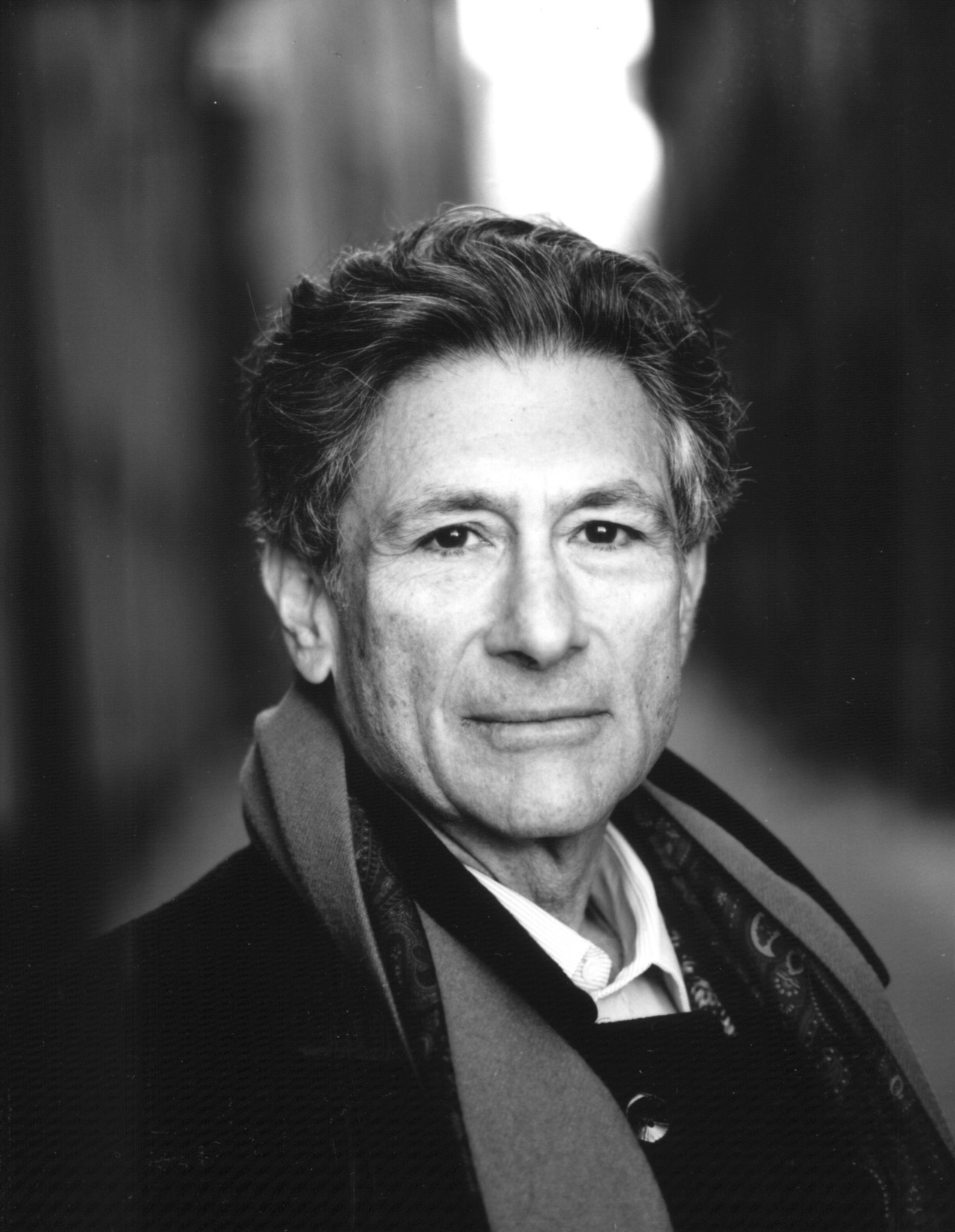On Being Creative – Ira Glass
American Radio personality speaks volumes on what it is to be creative.
American Radio personality speaks volumes on what it is to be creative.

With a backdrop of the cold, desolate Gobi Desert in Southern Mongolia, co-directors Byambasuren Davaa and Luigi Falorni weave a warm tale of the affirmative and healing spirit of love. A documentary texture is evident in this tale of a nomadic family of shepherds and their camels – quiet, reflective, observational, and one might add, meditative. Watch.

Friedrich Nietzsche‘s revitalizing philosophy of the late 19th century challenging the foundations of theological beliefs and practices, along with questioning traditional morality, remains influential to this day. His tendency to seek explanations for commonly-accepted values and outlooks in the less-elevated realms of sheer animal instinct was also crucial to Sigmund Freud’s development of psychoanalysis. Quoting Nietzsche: “What, if some day or night a demon were to steal after you into your loneliest loneliness and say to you: ‘This life as you now live it and have lived it, you will have to live once more and innumerable times more’ … Would you not throw yourself down and gnash your teeth and curse the demon who spoke thus? Or have you once experienced a tremendous moment when you would have answered him: ‘You are a god and never have I heard anything more divine.” Watch.

A ‘whodunit’ unlike any other, this one stayed with me for a while. Stunning mise-en-scene orchestrations coupled with a denial of the narrative pleasure of ‘closure’, an atmospheric story well told, in so many ways. South Korean filmmaker Joon-ho Bong could not better this one IMHO. Watch. Read More…

Slovene philosopher and cultural critic Slavoj Žižek became widely recognized as an important theorist of contemporary times with the publication of ‘The Sublime Object of Ideology‘, his first book to be written in English, in 1989. Since then, he has taken the contemporary philosophical world by storm, as one who is never afraid of confrontation. Žižek’s work, indeed, cannot be categorized easily. He calls for a return to the the Cartesian subject, the idea that there is a split between the mind and body, and that the human is a ‘liberal autonomous subject’. He also calls for a return to ‘The German Ideology’, in particular the works of Hegel, Immanuel Kant and Friedrich Schelling. His work draws much on the works of Jacques Lacan, all the while moving his theory towards modern political and philosophical issues, and miraculously, finding the potential for liberatory politics. Watch.

The late Edward Said‘s sparkling intelligence shines through in this Interview by Michaël Zeeman for the Dutch television programme ‘Leven en Werken’, VPRO in 2000. Quoting Said “At bottom, the intellectual, in my sense of the word, is neither a pacifier nor a consensus-builder, but someone whose whole being is staked on a critical sense, a sense of being unwilling to accept easy formulas of ready-made clichés, or the smooth, ever-so-accommodating confirmations of what the powerful or conventional have to say and what they do. Not just passively unwillingly, but actively willing to say so in public.” Edward Said remains an inspiration.